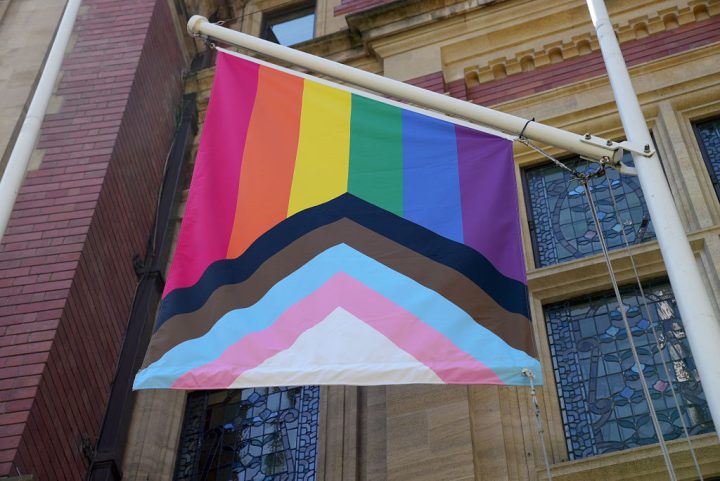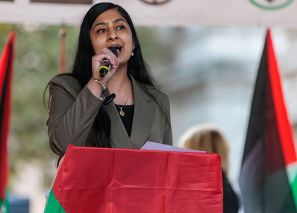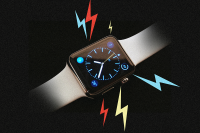Bored with hearing about discrimination towards lesbians and gay men? Having an empathy meltdown when listening to stories of violence, discrimination and prejudice? Don’t much care about lesbians being sexually harassed by men on a night out? Not to worry! We have a new kid on the block, poised and ready to join the unbreakable Wi-Fi code that is the LGBTQ+ community. Asexuals, or ace-ers, have been welcomed into the queer world – a world that keeps on expanding to the point where no letter in the entire alphabet is safe.
A report by Yasmin Benoit, asexual activist and researcher (she/her), and Stonewall (what/plonkers) has found that those that can’t be bothered with bonking suffer ‘dehumanising discrimination’. ‘Even within LGBTQ+ spaces, ace people are too often overlooked’, they claim, ‘and their concerns ignored.’
Apparently there are misunderstandings about what asexuality is (surely not!)
Benoit knows her stuff. She founded the #ThisIsWhatAsexualLooksLike movement, has won awards for her public anti-bonking stance, and was the first asexual grand marshal at NYC Pride this year. Who knew that being public about not being bothered about sex would bring such accolades?
The report explains that ace includes ‘people who experience little, fluctuating or no sexual attraction, including asexual people’. Who knew?
Asexuals are special, and even have their own flag which features four horizontal stripes: black, grey, white, and purple. If these special members of the queer rainbow wish to signal their orientation, they can wear a ring of the same colours. I kid you not.
Stonewall’s website has an ‘Ace Hub’ which features stories such as ‘growing up trans and Ace’, ‘taking up space when you’re black and ace’ and ‘six ways to be an ally to ace people’. There is, of course, an entire Ace Week, which we currently find ourselves in the middle of.
The term also includes ‘grey-ace’. For those of you that don’t know, greysexual is apparently the spectrum between asexuality and non-asexuality, and covers asexuals that might identify as gay, lesbian, bisexual, pansexual, or of another sexual orientation. Some greysexuals don’t feel like asexual is the best name for them even though they identify with the ace community. Some acers are also ‘demisexual’ (being sexually attracted to someone only when you have an emotional bond with them – also known as being a woman).
Of course, there is a debate as to whether or not asexuality is a sexual orientation: non-asexuals are often berated by aces in the manner of ‘DO NOT ASSUME I DON’T HAVE SEX’. Some may feel romantic towards others, and others might not. This subset of aces are known as ‘aromantic’ or ‘aro’. They could have ‘queerplatonic’ relationships. They might also have sex. But some might not.
‘Aces are queer,’ according to one campaigner on the hub. ‘So why do so many people within the LGBTQIA+ community insist we’re not?’ I can’t imagine.
Let’s have a look at the dreadful discrimination people who don’t get their groove on face. At work, 49 per cent of ace people haven’t come out; in healthcare settings this number rises to nearly 70 per cent. I presume this means they are too scared and stigmatised to announce, either at the water cooler or to the GP receptionist, ‘I don’t like sex!’
According to one asexual on the Stonewall ace hub ‘every coming out involved elaborate explanation’. But who is the victim here – the person ‘coming out’ or the one who has to listen?
Apparently there are misunderstandings about what asexuality is (surely not!). There are recommendations as to how best support ace people at work and in healthcare settings. And there is, of course, help for all of us in being a better ace ally.
Ace liberation can’t come fast enough. After all, as far back as 2015 Labour party councillor George Norman, named as the first out asexual candidate in Britain, campaigned to add asexuality to existing equality legislation. His aim was to have it recognised that one per cent of the UK’s electorate identified as such.
The world has truly gone mad.







Comments